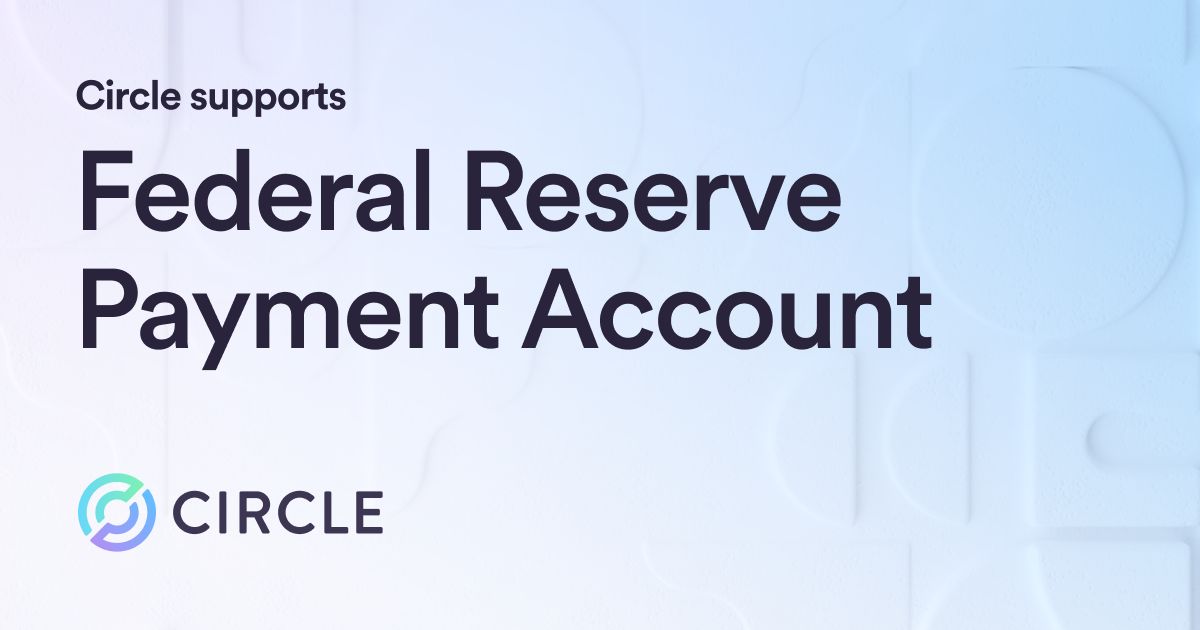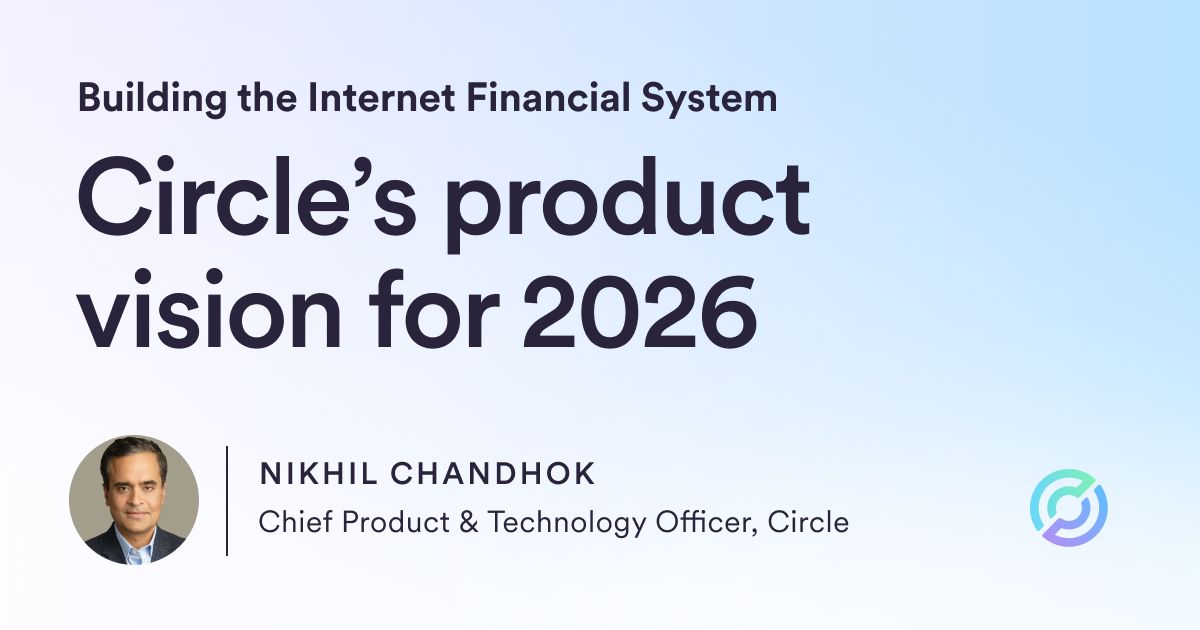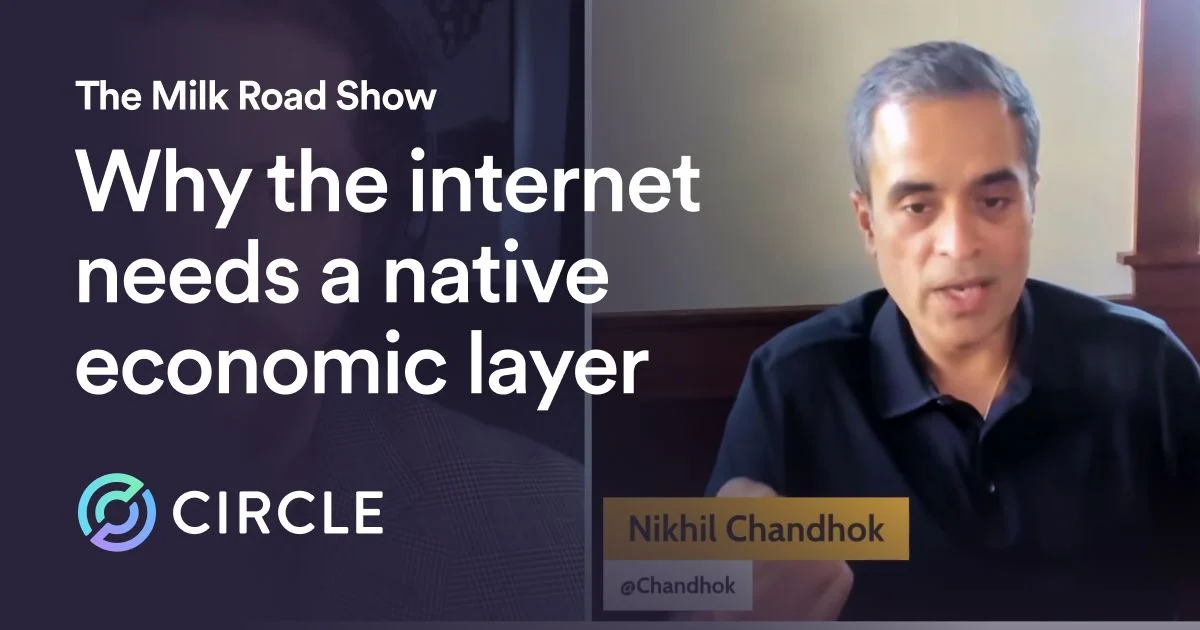Converge22, Circle’s Inaugural Crypto Conference, held thought provoking discussions from Vitalik Buterin, Kevin O’Leary, Lawrence Summers and Emily Chiu.

A spectacular first day at Converge22! Vitalik Buterin joined Jeremy on the main stage, where they explored the next step on the road to scaling Ethereum and how increased throughput will change how decentralized applications will impact our lives. Sharding and the expanding ecosystem of Layer 2 solutions that make more efficient use of blockchain resources will be essential to bringing more users to Web3. Additionally, the regulatory landscape may need to adjust to dealing with specific types of applications, versus trying to control layer 1 blockchains.
Legendary investor Kevin O’Leary joined Angie Lau on the main stage, where he noted that many banks around the world are feeling the heat of competition from crypto solutions like USDC that offer more efficient and cost-effective alternatives to their core business. O’Leary also noted that a large number of financial institutions and their considerable capital balances are still eager to get into crypto financial markets and applications, but are still held back by a lack of regulatory clarity.
We wrapped the morning keynotes with Johann Kerbrat of Robinhood Crypto to announce their partnership with Circle and listing USDC on their platform.
On the Innovation track in the Next-Gen User Experiences for Web3 session, Circle co-founder Sean Neville spoke with pioneers of crypto UI and UX on building the challenges and opportunities facing Web3 developers as the crypto industry matures. The discussion looked at the high levels of complexity often required just to get started using crypto, interacting with multiple entities, applications and text cyphers like wallet addresses or private keys that have little parallel in existing Web 2.0 experiences.

“One of the things that’s different about a lot of Web3 apps, whether it’s a game or a marketplace, or a DeFi experience, is the idea that end users need to make more complicated risk decisions than users tend to have to make in Web 2.0 apps.” - Circle co-founder Sean Neville
As the industry evolves and aims to serve billions of users, it will be important to abstract away complexity while still giving users options to flex the control of their personal data and private keys should they so desire.
On the Impact track in the Current State of Crypto Capital Markets for Institutions session, an all-star panel of financial industry and DeFi veterans discussed the institutional viewpoint on crypto capital markets and the evolution of DeFi over the past several years. The consensus among panelists was that in spite of difficult conditions in traditional and crypto markets, interest in DeFi among banks and other financial services companies hasn’t fallen, and many see well managed DeFi integrations as critical to their success in the coming years.

“I’m excited about the fact that the world is starting to realize and see where and how DeFi is superior to centralized lending businesses.” - Compound founder Rob Leshner
In the face of serious market turmoil following the UST/LUNA collapse and issues with bad debt among crypto lenders, DeFi protocols showed remarkable resilience and continued to operate as intended - stress tests like these are difficult for everyone involved, but play an important role in proving to market participants that the underlying technical infrastructure is sound.
Panelists also agreed that greater institutional engagement with DeFi was only a matter of time, and that most institutions were waiting for additional regulatory clarity on stablecoins and the crypto market more broadly to have a trusted platform on which they can build with confidence and compliance.
On the Inclusion track in the Crypto Transformation and the Fight Against Instability and Inequity session, panelists ranging from international organizations to aid focused startups examined how crypto is integrating into humanitarian efforts around the world. Nonprofits and national governments more than ever before are interested in the improved efficiency and traceability stablecoins and blockchain technology can provide as they work to respond to continued effects of Covid, climate change and conflict around the world.
To help reduce costs associated with the traditional financial system, distributors of aid are increasingly turning to the inherent transparency of blockchain architecture to reduce instances of deliberate fraud, but also to substantially lower the overall cost of guarding against bad actors and waste in the first place.
To wrap up the day, Jeremy and Former Secretary of the Treasury Lawrence H. Summers took to the main stage to connect the dots on the evolving global macroeconomic landscape, the rising strength of the dollar and how in spite of potentially difficult economic times ahead, the U.S. has an incredible opportunity to export blockchain-based payments system standards around the world.

The discussion also focused on how policymakers can have a positive impact on innovation and economic growth in the U.S. by taking a adaptive, proactive approach to financial regulation in the years ahead, providing guidance to an array of different types of financial service providers and institutions, rather than an all or nothing approach that contributed to liquidity challenges in the midst of economic downturns in the past.
Jeremy was also joined by Emily Chiu of TBD at Block to announce a new partnership with Circle, focused on decentralized, global on-and-off-ramps between fiat and crypto worlds that can power global use cases from cross-border remittances to self-custody of stablecoins, leading the way in eliminating payments friction and improving financial lives around the world.
ICMYI, We made surprise announcements on our Cross-Chain Transfer Protocol and USDC Multi-chain Expansion.
Stay tuned for more thought-provoking discussion at Day 2 of Converge22!




